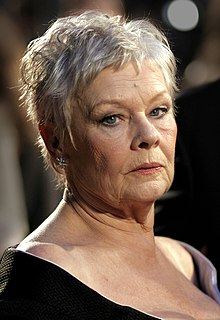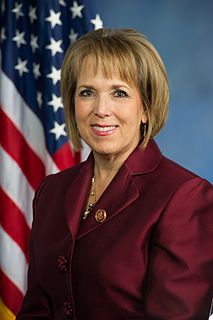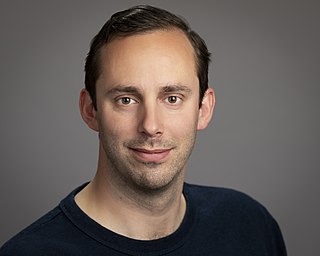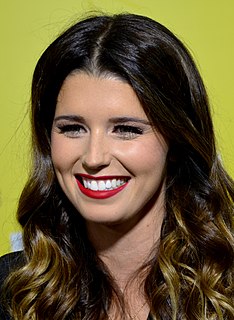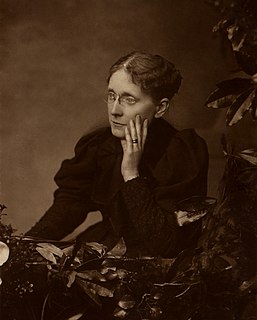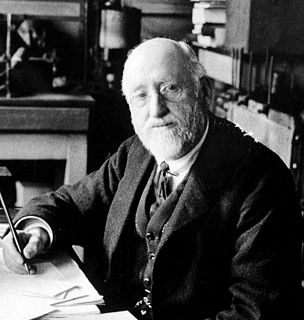A Quote by Joseph Brodsky
Beginning a poem, the poet as a rule doesn't know the way it's going to come out, and at times, he is very surprised by the way it turns out, since often it turns out better than he expected; often his thought carries further than he reckoned.
Related Quotes
You do a film and you have hopes for it, and you read it, and you see it one way in your head, and you shoot it, and it'll always change from what you started out. Sometimes it turns out better, sometimes it turns out; I don't know, but as movies go I've never experienced seeing and likening what I've read, and I liked what I read.
Poetry is like pooping. If there is a poem inside of you, it has to come out. Sometimes it can be really difficult and take longer than you'd like (it may even be painful), but other times it can be really easy and happen much faster than you expected. But either way - it is important, and it feels so much better when it's done.
People will then often say, 'But surely it's better to remain an Agnostic just in case?' This, to me, suggests such a level of silliness and muddle that I usually edge out of the conversation rather than get sucked into it. (If it turns out that I've been wrong all along, and there is in fact a god, and if it further turned out that this kind of legalistic, cross-your-fingers-behind-your-back, Clintonian hair-splitting impressed him, then I think I would choose not to worship him anyway.)
But, as Bacon has well pointed out, truth is more likely to come out of error, if this is clear and definite, than out of confusion, and my experience teaches me that it is better to hold a well-understood and intelligible opinion, even if it should turn out to be wrong, than to be content with a muddle-headed mixture of conflicting views, sometimes miscalled impartiality, and often no better than no opinion at all.
The good part of writing is where it gets out of your control and turns into something else. You look at it and think "Whoa, where did that come from? That wasn't what I meant to write, but it's more interesting than what I was intending. Which part of my subconscious or my experience did that come from?" Often the answer isn't clear, and often the line between fiction and fact isn't clear, either.
On the way out to the car, Philip turns to me. “How could you be so stupid? I shrug, stung in spite of myself. “I thought I grew out of it.” Philip pulls out his key fob and presses the remote to unlock his Mercedes. I slide into the passenger side, brushing coffee cups off the seat and onto the floor mat, where crumpled printouts from MapQuest soak up any spilled liquid. “I hope you mean sleepwalking,” Philip says, “since you obviously didn’t grow out of stupid.



